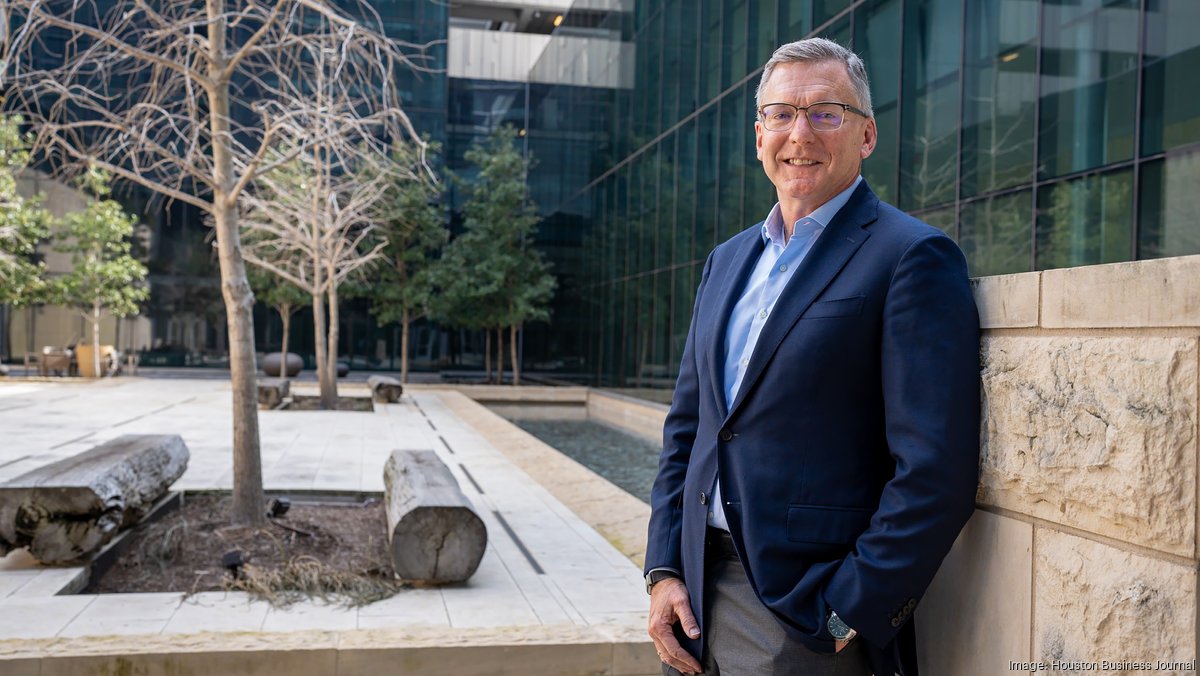Phillips 66 completes conversion of Rodeo refinery to renewable diesel production - Houston Business Journal
After going over the original budget by around $375 million, Phillips 66 has completed the conversion of a refinery so it can produce renewable diesel. Phillips 66 (PSX) has completed the conversion of its San Francisco refinery to produce renewable diesel. The Rodeo Renewable Energy Complex, also known as the Rodeso Renewed project, is processing only renewable feedstocks and producing about 30,000 barrels of renewable diesel per day. The company expects the facility to produce 50,000 bpd of renewable fuels by the end of the second quarter. The project also has the capability to make renewable jet fuel, a component of sustainable aviation fuel, but Phillips 66 expects it only to use this capacity if the market for SAF increases. The conversion project was over budgeted and additional costs were incurred from higher labor and materials costs, weather and permitting challenges.

Published : a month ago by Naomi Klinge in Business Environment
Phillips 66 (NYSE: PSX) has completed the conversion of its San Francisco refinery to produce renewable diesel.
The Houston-based refiner announced on April 2 the Rodeo Renewable Energy Complex, also known as the Rodeo Renewed project, was officially processing only renewable feedstocks, producing about 30,000 barrels of renewable diesel per day.
By the end of the second quarter, Phillips 66 expects the facility to be producing 50,000 bpd of renewable fuels.
“We are proud to announce this significant achievement at our Rodeo facility,” Rich Harbison, Phillips 66 executive vice president of refining, said in a statement. “The project advances Phillips 66’s long-held strategy to expand our renewable fuels production, lower our carbon footprint, and provide reliable, affordable energy while creating long-term value for our shareholders.”
The project also has the capability to produce renewable jet fuel, a component of sustainable aviation fuel. It has the capacity to produce up to 20,000 bpd of jet fuel, but Phillips 66 said during its second-quarter 2023 earnings call that it would only use that capacity if the market for SAF ramps up.
The company expects the facility to start producing renewable jet fuel in the second quarter.
In its Q2 2023 earnings report, Phillips 66 said the conversion project was over budget. The company said the total capital needed for the project would be around $1.25 billion, up from the $850 million it anticipated when it reached a final investment decision in 2022.
The additional costs were expected to be split between 2023 and 2024, adding about $200 million to the company's $2 billion 2023 budget.
The additional costs came from higher labor and materials costs, as well as challenges from weather and permitting.
“When this project was sanctioned, the big run up inflationary pressures hadn't hit yet, and so we realize that it really is the only project in our purview where we're seeing that kind of impact or haven't accounted for the inflation at sanction,” CEO Mark Lashier said during the earnings call at the time.
Phillips 66 has been Houston's largest publicly traded company, based on revenue, since it spun off from Houston-based ConocoPhillips in 2012. It's now second to Spring-based Exxon Mobil Corp. (NYSE: XOM). Phillips 66 reported $149.89 billion in 2023 revenue, while Exxon reported $344.58 billion.
Topics: ESG
